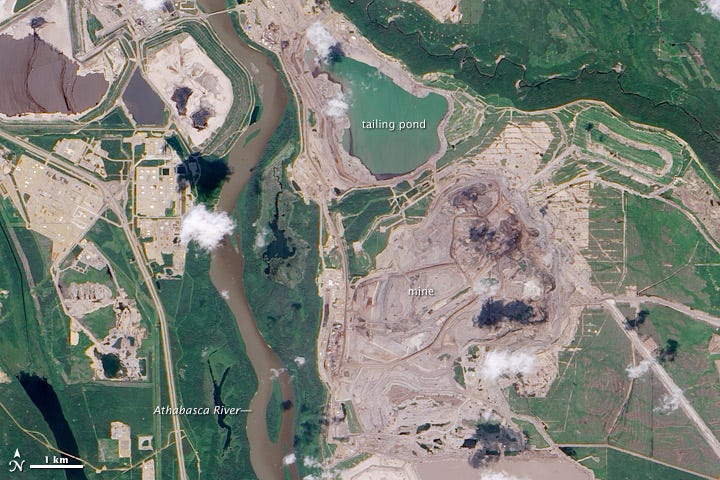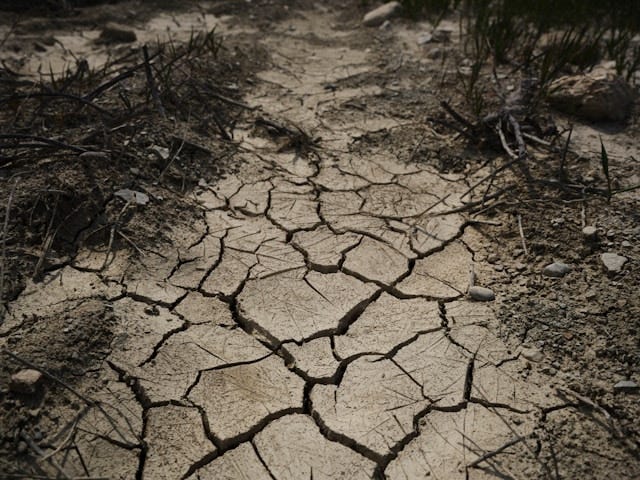Writing Climate Change (34)
The Fight for the Climate – Why the World Has Failed: a Quick Summary
This is part of a series on writing climate change for fiction
We’ve just spent a long time on some very big theoretical subjects. Getting your head around the theory is an important part of being a well grounded writer. You need that knowledge if you want to speak with power.
Here’s a quick summary of how the world has ended up in such a bad place on climate change, to aid your digestion.

In it’s simplest terms, here is why the world has failed (so far):
Our world evolved out of the colonial world. This means modern civilisation was built on fossil fuels. More fundamentally, our world was built on a logic of extraction which inherently causes ecological problems. Our world was also built on extreme imbalances of power, within and across societies, which itself makes problems harder to solve.
Everyone on Earth is stuck within this post-colonial world. The status quo is reinforced and perpetuated at every level of analysis possible. Individual psychology, values, identity, nation states, the entire global economy. Everything.
Therefore, our attempts at reform also remain partially stuck in the past. Most attempts to deal with climate change are hybrids of new and old ideas. Therefore we are bringing the causes of the problem forward into our attempts to solve them. Our attempts to conceptualize “Planetary Questions” are still in their infancy.
The dominant view for how to “fix” climate change is eco-modernism (broadly speaking). This view believes primarily in technology and progress, and downplays social aspects. This is the view most consistent with the last 500 years of history and the power structures we’ve inherited.
Eco-modernism combines certain strengths, with serious weaknesses. The eco-modernist view ignores certain issues which inhibit action (like psychological or social issues), and leaves in place factors which inhibit or corrupt action (like inequality, and the logic of extraction), and has conceptual flaws leading it minimize the likely effects of climate change.
Meanwhile, climate change cuts into the very fundamentals of civilisation and life on Earth - the energy supply and the carbon cycle. These interact with everything on Earth. Neither of these can be changed easily, and certainly not easily within old paradigms.
Therefore the eco-modernist vision has already failed. It’s wins have been insufficient. Even if it could’ve worked in the long run, it was able to be delayed long enough to render that a moot point.
This failure is part of a more general societal failure. As a result parts of the world are spinning off in extreme directions. Eco-modernism itself is caught up in this, along with a range of competing ideologies ranging from the reasonable to the insane.
Climate change is an inherently complicated subject. Therefore climate change has gotten caught up in this general mess. Society cannot reach an agreement on what to do, or even agree that the problem exists.
Because of the chaos and delays, we have only a few years left to keep climate change below dangerous levels.
Social change is inherently slow and messy. Therefore regardless of which viewpoint gains the political power needed, they will be unable to take action fast enough. Meanwhile, those in power often have little interest in action at all.
Therefore the world has committed itself to the “Overshoot Plan”. We will experience dangerous levels of climate change. Eco-modernism hopes this will be temporary. That’s unlikely to work out, for the same reasons we got here to begin with.
Many people have noticed this mess. They’re not happy. Living in such times is difficult. Some people are mentally collapsing. Others are in denial. Yet other’s are rising to the challenge. How this all plays out remains to be seen.
What does this mean for us as artists, writers, creators?
When politics as normal collapses (which is what is happening), some of the most important political actions shift into the realm of the “pre-political”. Values. Beliefs. Identity. Daily life. When the fields are barren, the soil needs cultivation. This is the realm in which artists work.
Every historical moment of great change has had its group of artists and thinkers. They help make sense of the world. They give it new words, new images, new visions. They are one part of their world’s attempt to emerge, intact and alive, into an unfathomable future.
You are here to bring shape to the chaos we feel.

In future we’ll be looking at the history of climate activism and obstruction - lots of characters and drama. We’ll cross over from theory to social movements by starting with a look at language.
I might look at some more influential books too.
Return to menu.

